With tax breaks for opportunity zone investments set to expire soon, project demand surges as investors race for final capital gains shelter before regulations change. Yet amidst fears opportunities vanishing, experts predict increasing allure from building development momentum creating fertile economic grounds propelling yet unseen yields in carefully vetted projects. Though incentives may shift, unique assets at relative discounts bought strategically inside overhauled communities promising to reward prudent allocations likely will continue generating wins without deferral carrot catalyzing initial action solely. Legacy benefits outlast initial shelter alone.



